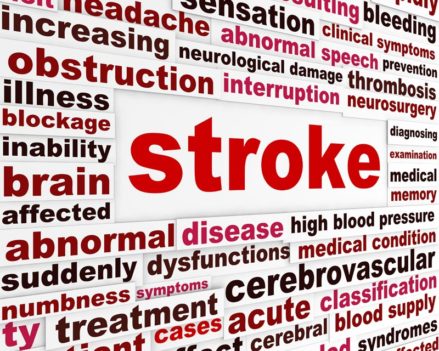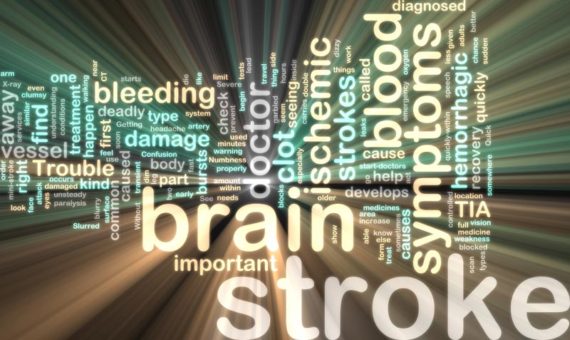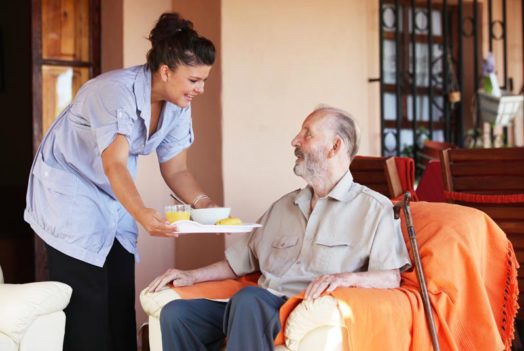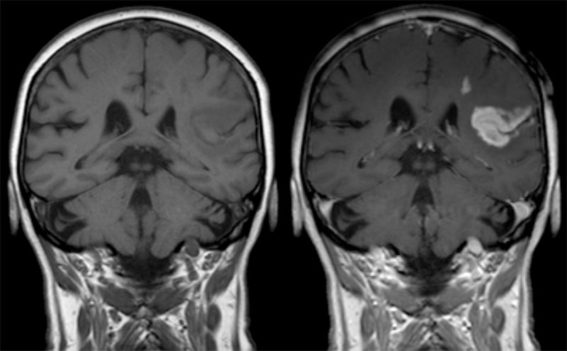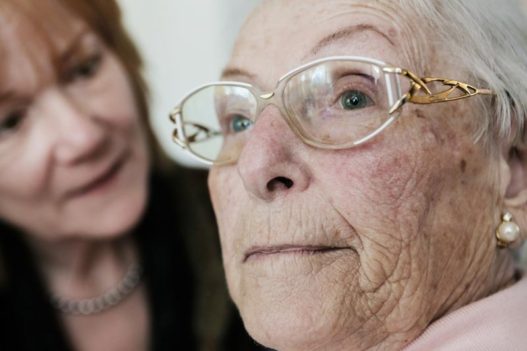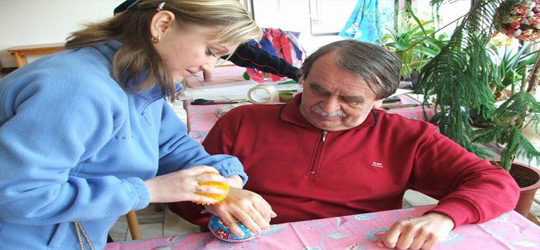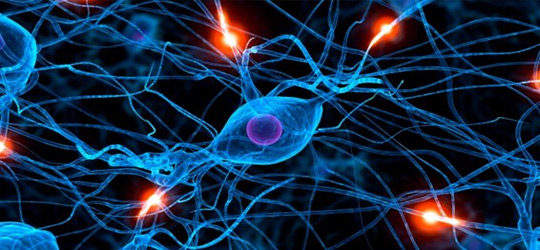Agency for Healthcare Research and Quality
AHRQ Publications Clearinghouse
PO Box 8547
Silver Spring, MD 20907
1-800-358-9295
Web address: http://www.ahrq.gov/
AHRQ’s free booklet, entitled “Recoverin
How to Recognize Stroke Symptoms
The Basics of Stroke Symptoms
From Jose Vega M.D., Ph.D.
Stroke symptoms usually come on suddenly, and should always be treated as a medical emergency.
They include a sudden onset of any of
A Family Caregivers Support Group Guide
Support groups are a fact of modern life-whether for people dealing with divorce or life-threatening disease-and more and more for family caregivers. According to an article in the textbook Psychiatri
Coping with Aphasia
By Joan F. Peters, Esq., Executive Director
National Aphasia Association
When I tell people I work for the National Aphasia Association, I usually get a blank look. Then, when I describe the condition
5 Symptoms You Need to Know to Recognize a Stroke Immediately
Minimizing the time between the onset of a stroke and the start of stroke treatment is critical for surviving the brain attack and minimizing the resulting brain injury. The key is to immediately get
Life After Stroke: Advice For Physical and Emotional Recovery
Did you know a stroke occurs every 40 seconds on average? About 795,000 Americans suffer a new or recurrent stroke each year, according to the American Stroke Association. If you or a loved one has su
Stroke Rehabilitation Information
Introduction
Stroke is the third leading cause of death and the leading cause of long-term disability in the U.S. There are approximately 4 million Americans living with the effects of stroke. In addi
Eight Communication Tips for Caregivers of Stroke Survivors
A common symptom of a stoke survivor is aphasia. Aphasia can affect a person’s ability to speak and to comprehend what others are saying. It can be emotionally difficult for both the stroke survivor a



